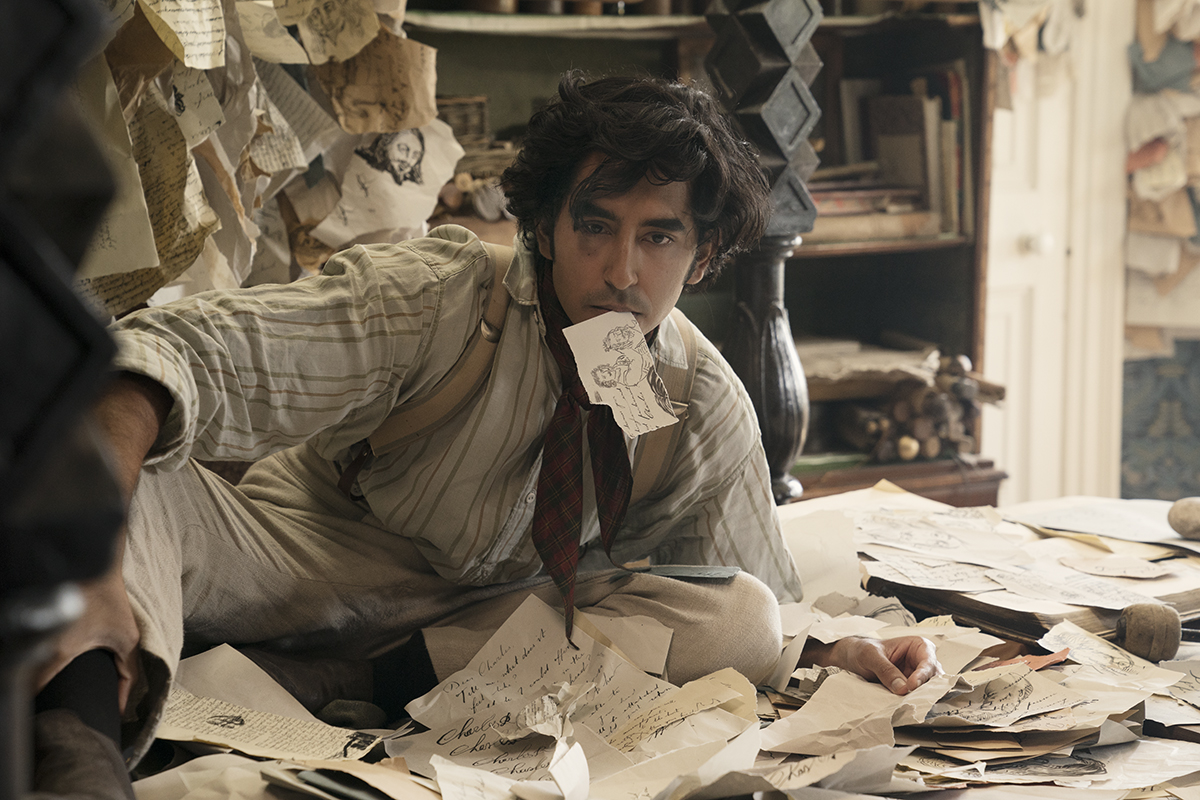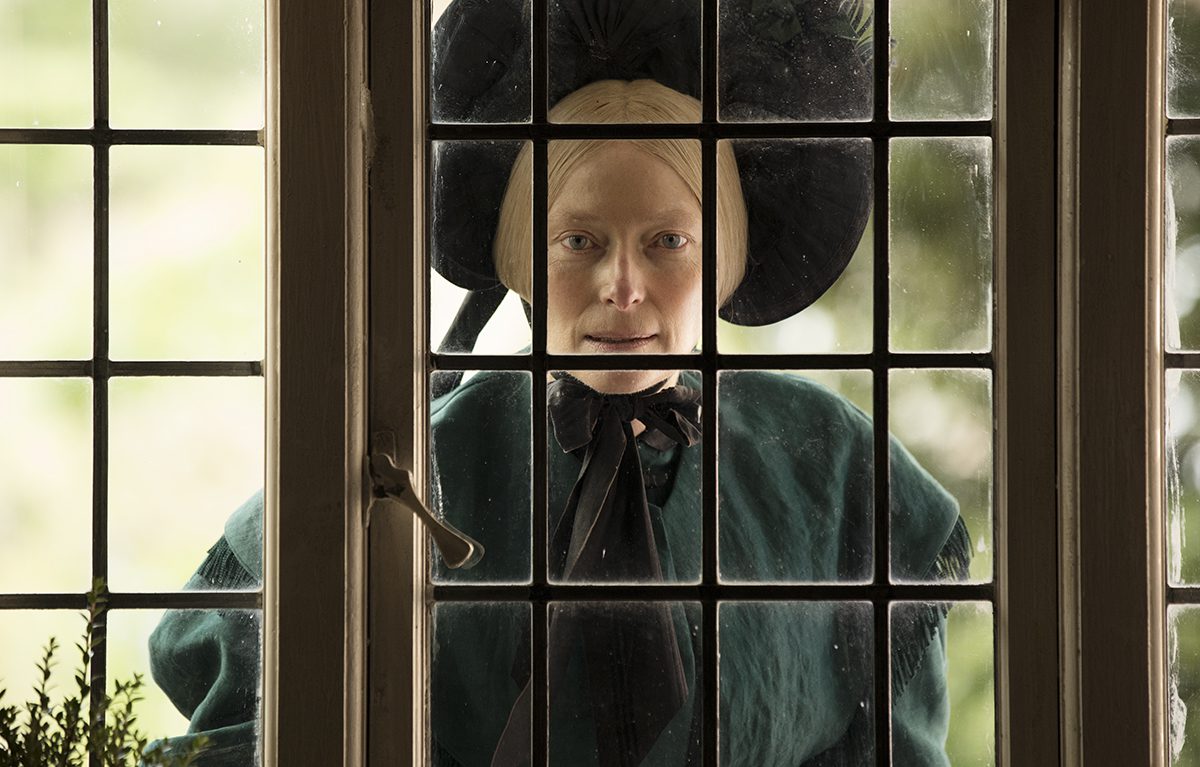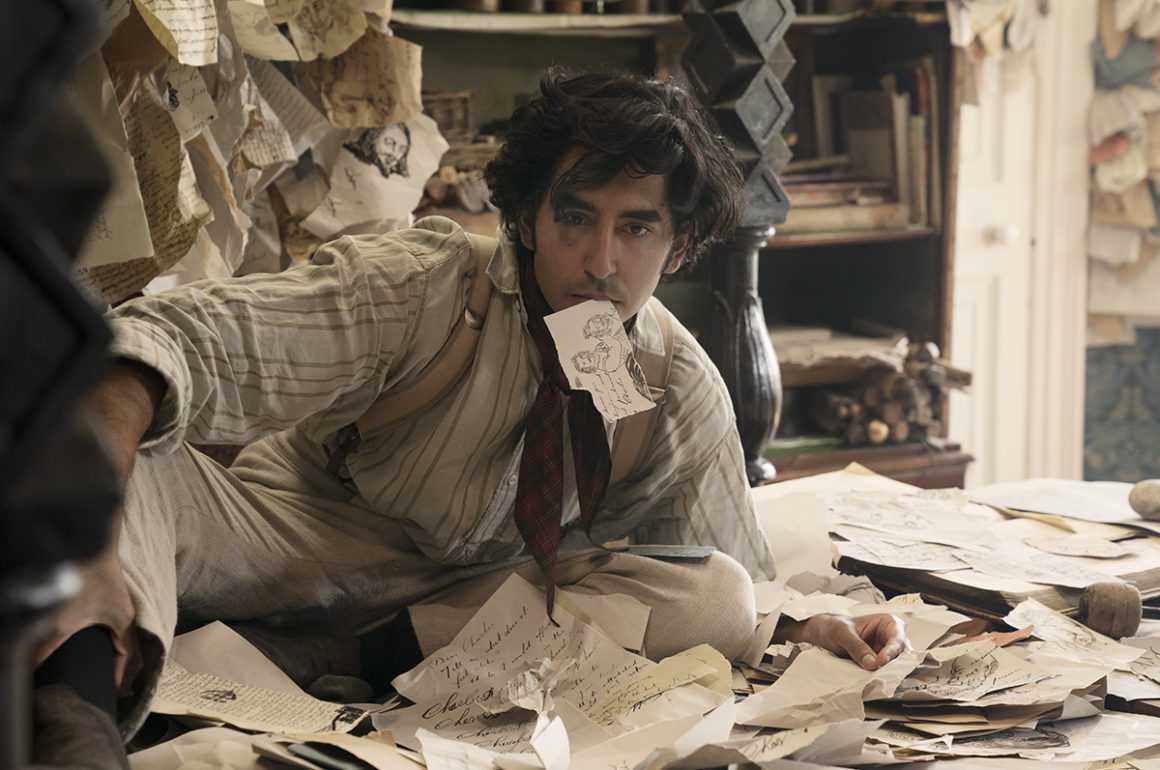
Dev Patel as David Copperfield in The Personal History of David Copperfield directed by Armando Iannucci
Armando Iannucci is Hollywood’s most withering satirist. Here, the director of The Personal History of David Copperfield talks to Katie Mennis about British and American humour, Fleabag and The Death of Stalin

Armando Iannucci
LUX: Are you the hero of your own life, or is that station held by someone else?
Armando Iannucci: Dickens is one of the heroes of my life: he’s very funny and modern, and he wasn’t frightened of talking about the state of the nation. That’s my inspiration.
LUX: Was making David Copperfield a form of escapism for you?
Armando Iannucci: No, it felt very relevant, because the debate about what we are as a nation has become very negative. It’s all about what we’re not and what we don’t want. More of us should celebrate our variety and creativity. Our TV and film industry is the best in the world! We don’t talk up the things we like about Britain; if you do, you’re seen as nationalist and fascist. It’s like how we responded to the opening ceremony of the Olympics – that’s what Britain is. It’s not just cold bread-and-butter sandwiches and a bag of fish and chips on a wet Sunday.
Follow LUX on Instagram: luxthemagazine
LUX: The film is tender. Are you going soft?
Armando Iannucci: The anger’s still there, the frustration from watching how this world isn’t functioning for everyone. But I’m not a swearing, angry person.
LUX: Did you have certain actors in mind?
Armando Iannucci: I could only think of Dev [Patel] playing David. I’d seen him be funny and awkward, but in Lion he was very strong, focused and charismatic. I wanted the cast to feel like modern Britain, because this was a modern story. I didn’t want it to feel dusty.
LUX: Who have you enjoyed working with?
Armando Iannucci: I’m pleased that I’m still working with people I worked with 20 years ago. I like building up a team, and we’re always getting fresh faces, like Hugh Laurie and Paul Whitehouse. And then suddenly, Daisy [May Cooper] and This Country come along, and you just think, “This is brilliant!”
LUX: What drives you?
Armando Iannucci: I’m always thinking what the next thing might be. You can’t predict it. You’ve got to make your own luck – to be constantly reading, talking, meeting, then something galvanises.

Tilda Swinton as Betsy Trotwood in The Personal History of David Copperfield
LUX: Is there a fundamental difference between British and American humour?
Armando Iannucci: It’s less noticeable because television is now so international. Avenue 5 is an American show, but we’ve shot it all in the UK, with Hugh Laurie as the lead. It’s good that we’re doing these joint ventures – we’re finding a comedy that’s not diluted, but that we all can respond to.
Read more: French designer Philippe Starck’s vision of the future
LUX: Can satire work in our current climate?
Armando Iannucci: I have no desire to do a Trump project, but if other people want to, great! What I’m mindful of is that, because [Trump is] his own joke and is also dangerous, you can’t turn him into just a joke. That makes him safe; that neutralises him.
LUX: How did you feel when The Death of Stalin was banned in Russia?
Armando Iannucci: I was just upset! There were debates in the Russian Duma with people saying, “You’ve made this the most famous film in Russia,” which they had. There were 1.5 million illegal downloads of the film, so it was absurd really.
LUX: What has made you laugh this year?
Armando Iannucci: Fleabag is tremendous. Bill Maher did a closing monologue on Real Time recently that was hilarious, about white guilt. And Taskmaster always makes me laugh.
LUX: What next?
Armando Iannucci: We are editing a series that will be out this year on HBO. It’s set in the world of space tourism in 40 years’ time, with Hugh Laurie as the ship’s captain.
‘The Personal History of David Copperfield’ was released in January.
This interview was originally published in the Spring 2020 Issue.







Recent Comments